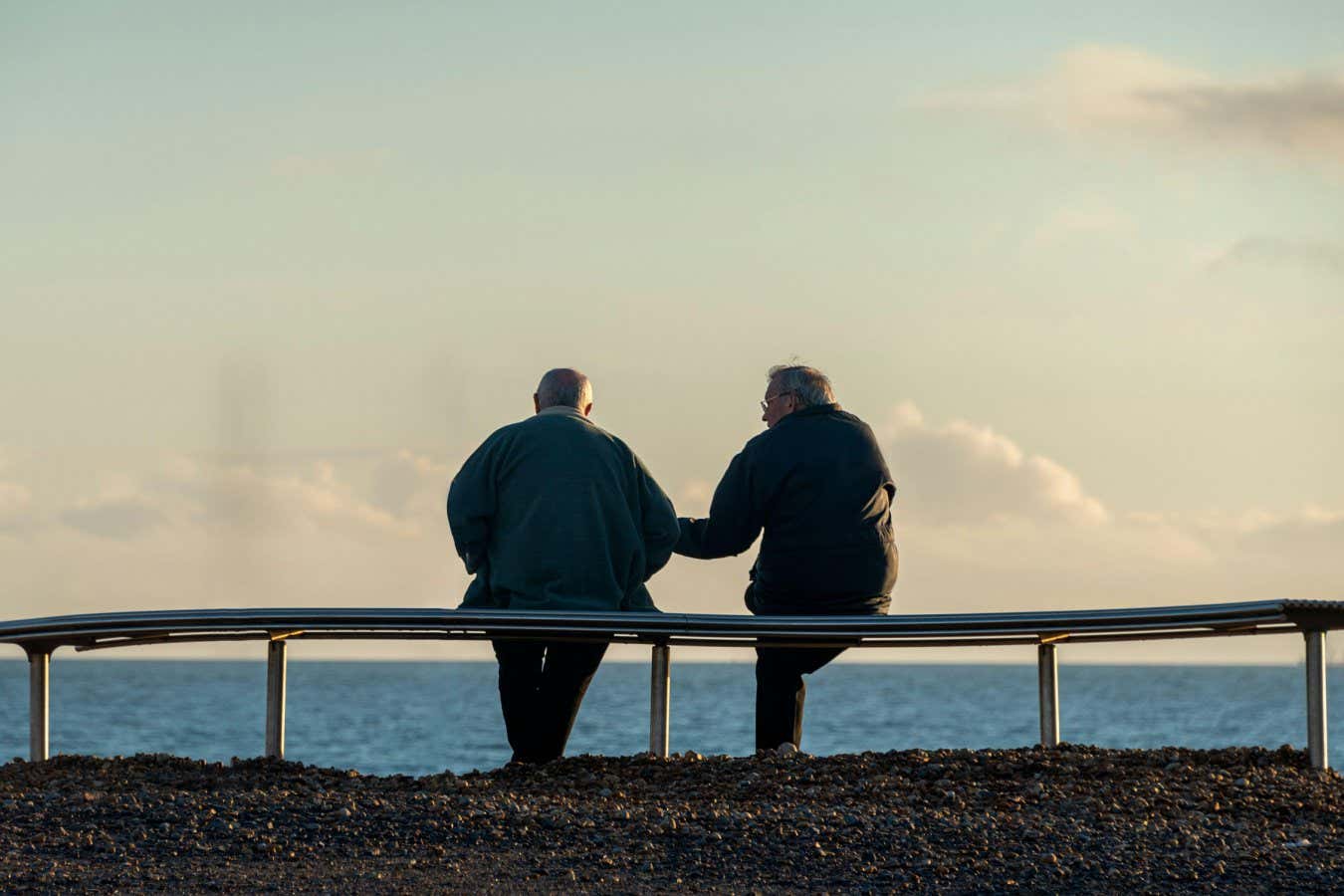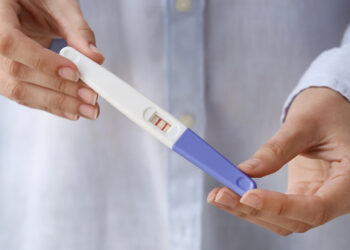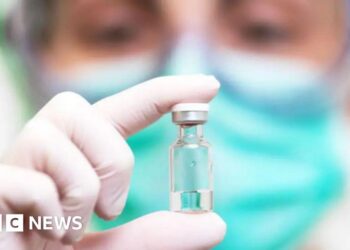
The company we keep could affect our health
Rob Wilkinson/Alamy
Many of us have people in our lives who bring more angst than joy. But rather than these individuals just dragging us down, they could actually be speeding up the rate at which we age.
Psychologists have long known that strong social ties shape our longevity, with one review suggesting that social isolation may have as strong an influence on mortality as obesity or a lack of exercise.
It is also apparent that the quality of our relationships can matter as much as the quantity. In 2012, researchers at the University of Utah found that “frenemies” – ambivalent relationships that blow hot and cold – seem to accelerate the shortening of our telomeres, the protective caps at the end of chromosomes. This happens naturally with age and has been linked to conditions like heart disease.
Now, Byungkyu Lee at New York University and his colleagues have turned to a more accurate measure of ageing, analysing the effects that negative social ties have on tiny chemical changes to DNA called methylation marks. This is an example of epigenetics, the way your behaviours and environment can cause changes that affect how your genes work. “As we age, the pattern of these marks shifts in predictable ways,” says Lee.
The team got 2232 people to provide saliva samples for epigenetic testing and to describe their relationships with key members of their social network, answering questions such as: “How often has X hassled you, caused problems or made life difficult?” In response, they answered “never”, “rarely”, “occasionally” or “often”.
Anyone who caused such issues either occasionally or often was labelled a “hassler” – and they were surprisingly common. “Over half of adults report having at least one hassler among their closest contacts,” says Lee.
These individuals seemed to have a significant impact on people’s epigenetic markers, with each hassler being linked to accelerated biological ageing by about 0.5 per cent, making their biological age 2.5 months older, on average, than would be expected for their chronological age.
Negative social ties may trigger a chronic, inflammatory stress response, with Lee’s team observing higher levels of these markers in people with such relationships, which may impair the immune system.
“The biological impact of having a high proportion of hasslers in one’s social network is comparable in magnitude to the difference between never-smokers and ever-smokers,” says Lee.
The effect was most pronounced among hasslers who also offered the person some kind of social support. “The same person who comforts you today might criticise you tomorrow, creating more physiological damage than relationships you can simply categorise as bad and potentially avoid,” says Lee.
Alex Haslam at the University of Queensland in Australia says the paper “certainly aligns with other work that has explored these issues and points to the importance of social relationships for health”.
He also argues that an overall feeling of group belonging may have a bigger impact on ageing than the effects of a few individuals. “For example, if I am a member of a book club or a choir, it will be my identification with the group as a whole that affects my health, not how well I get on with its individual members,” he says.
Topics:
Source link : https://www.newscientist.com/article/2489921-negative-social-ties-like-frenemies-could-be-ageing-you/?utm_campaign=RSS%7CNSNS&utm_source=NSNS&utm_medium=RSS&utm_content=home
Author :
Publish date : 2025-07-25 21:00:00
Copyright for syndicated content belongs to the linked Source.










